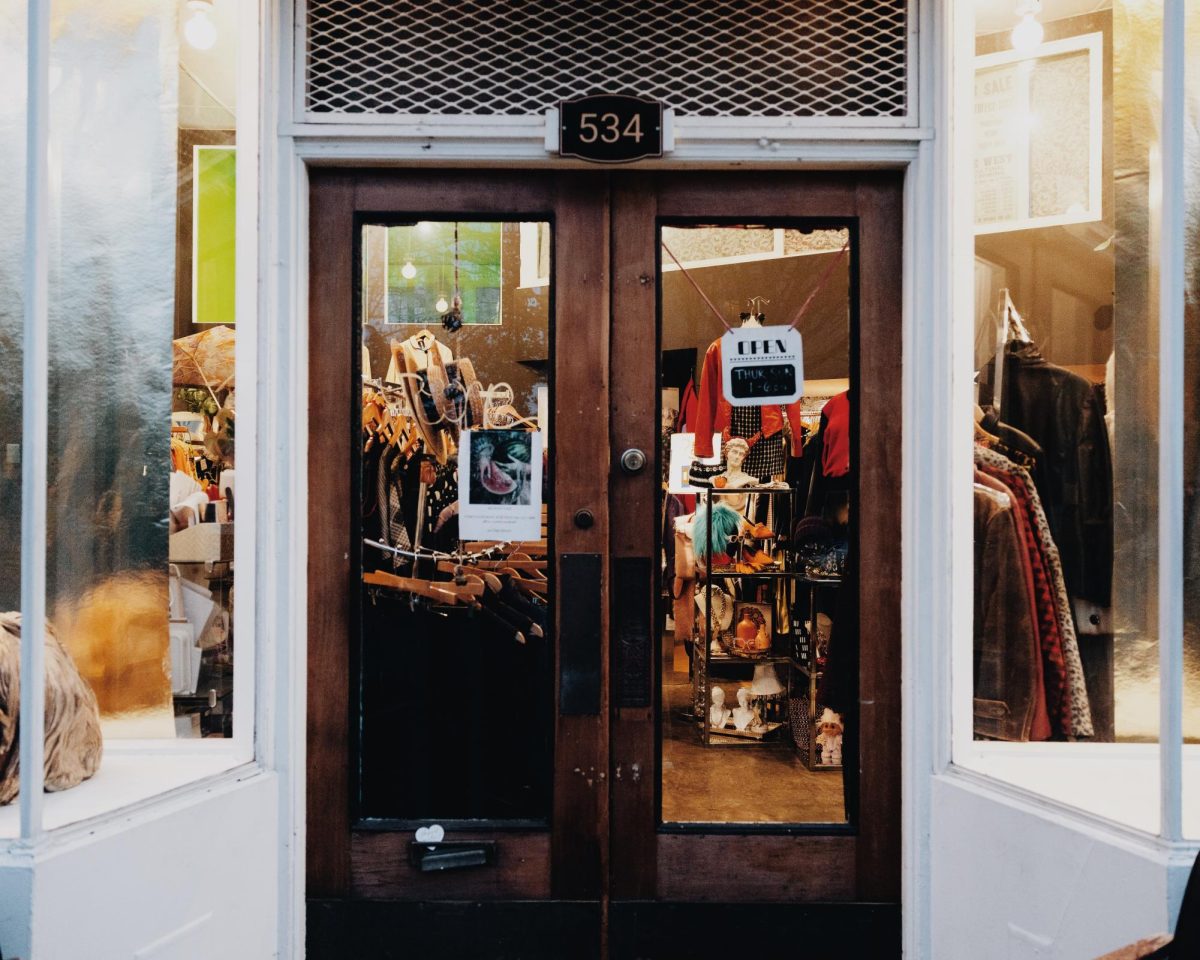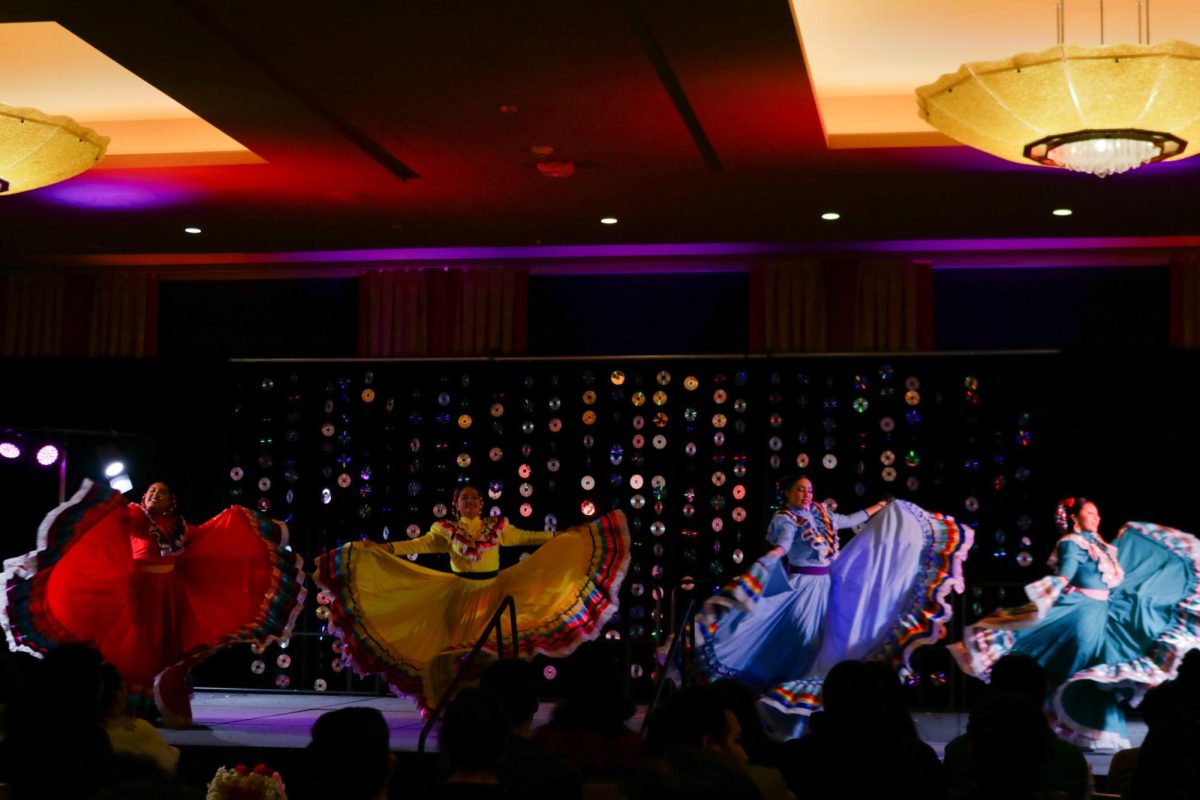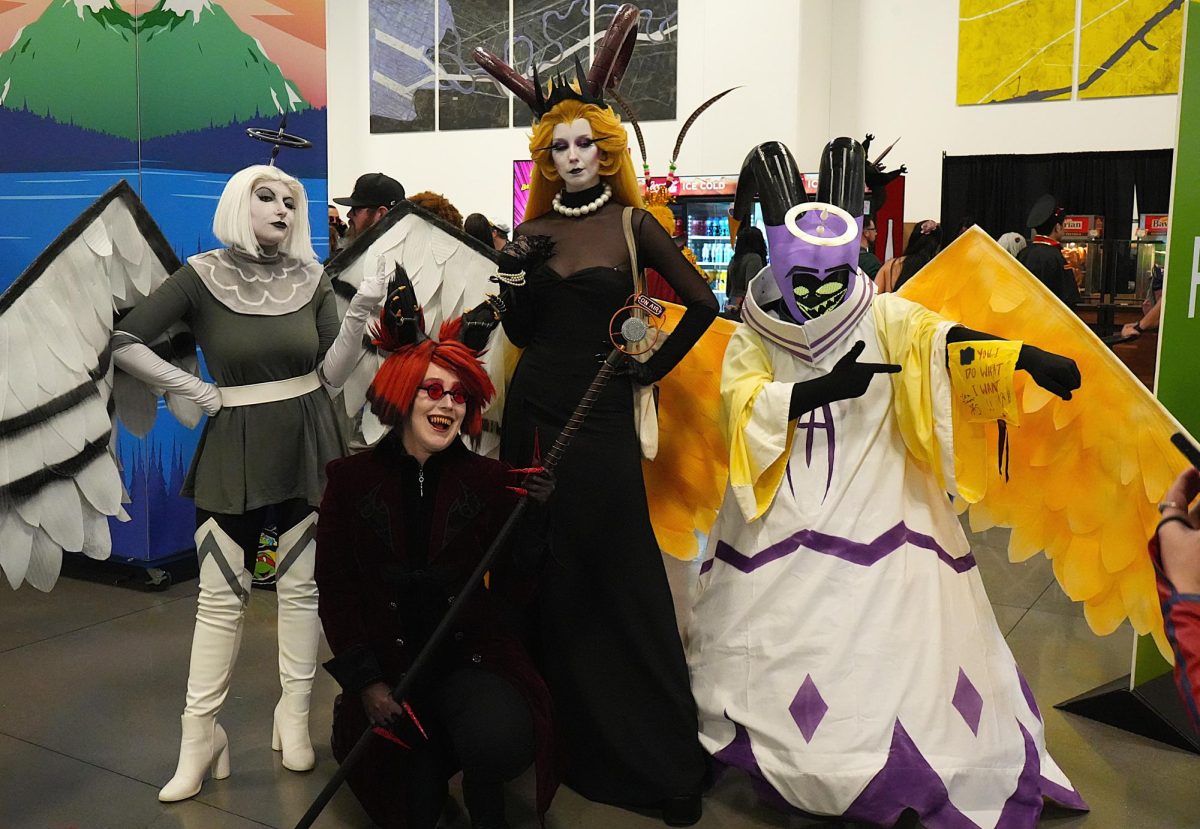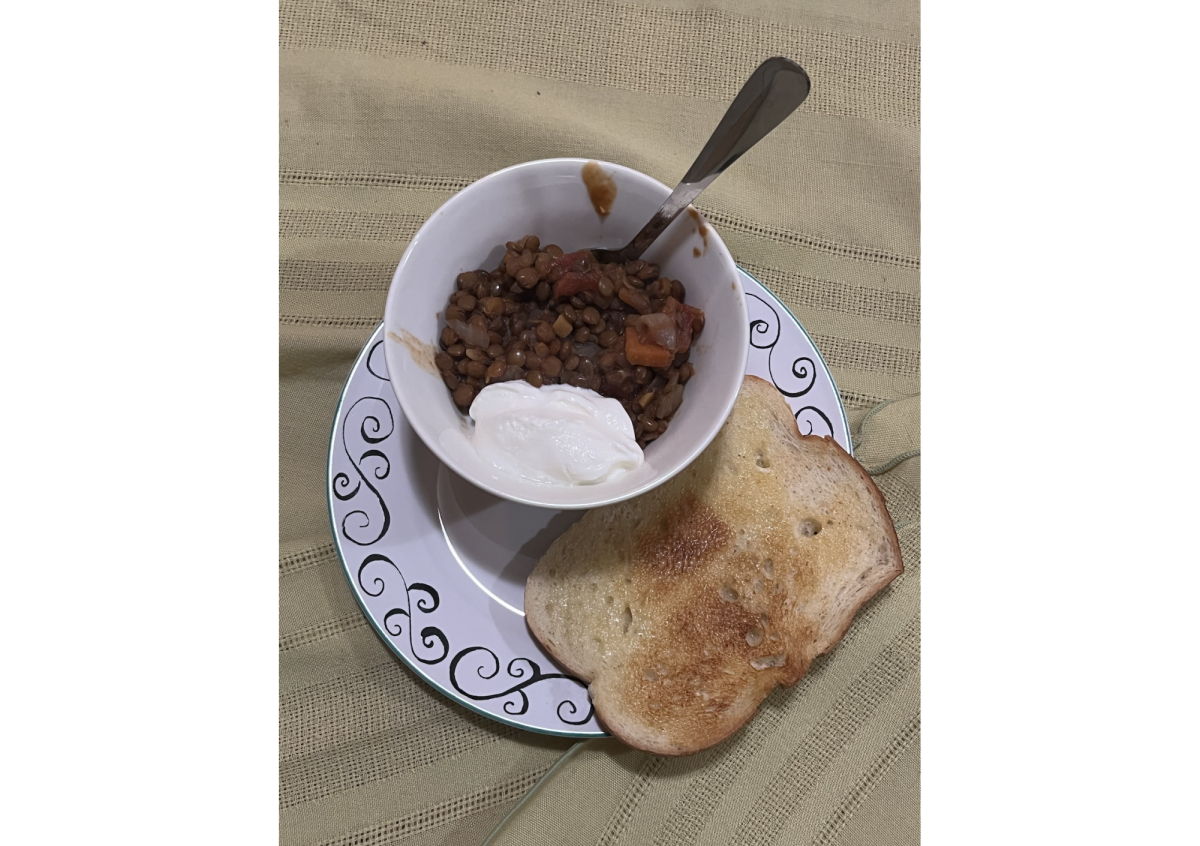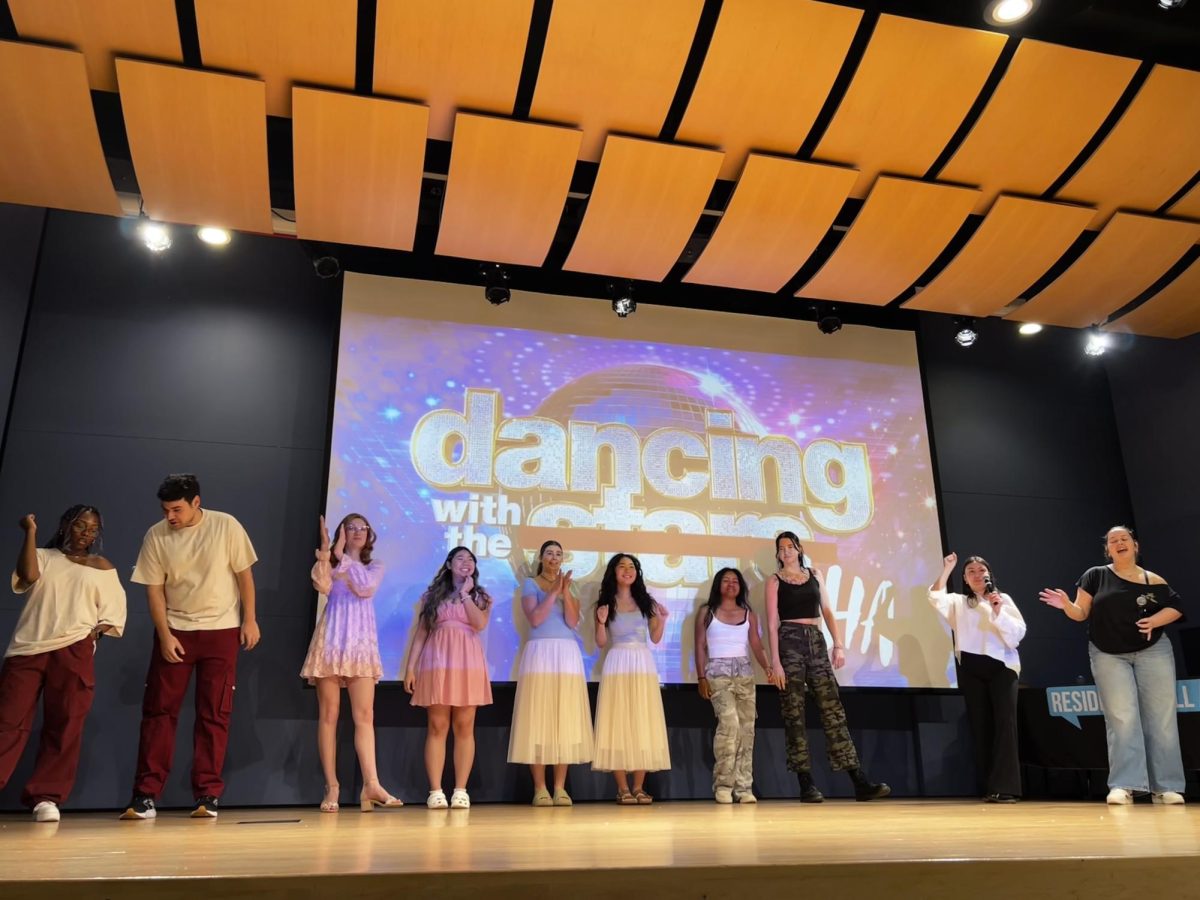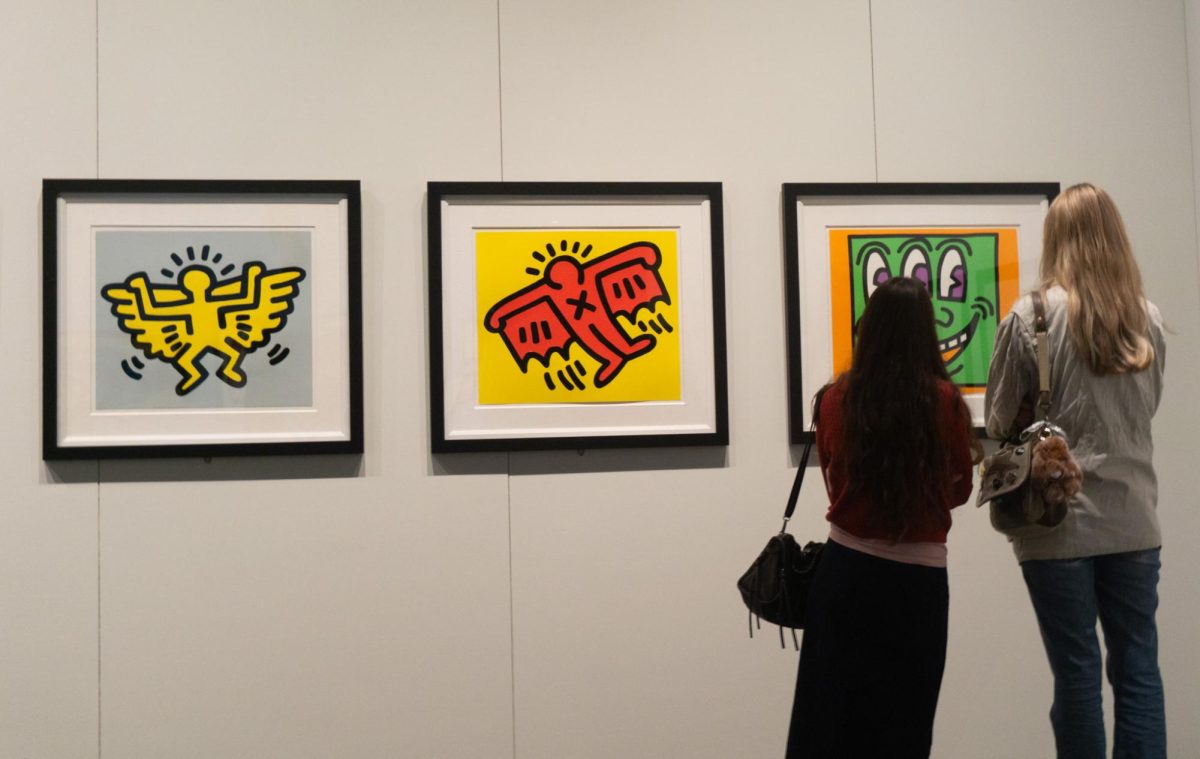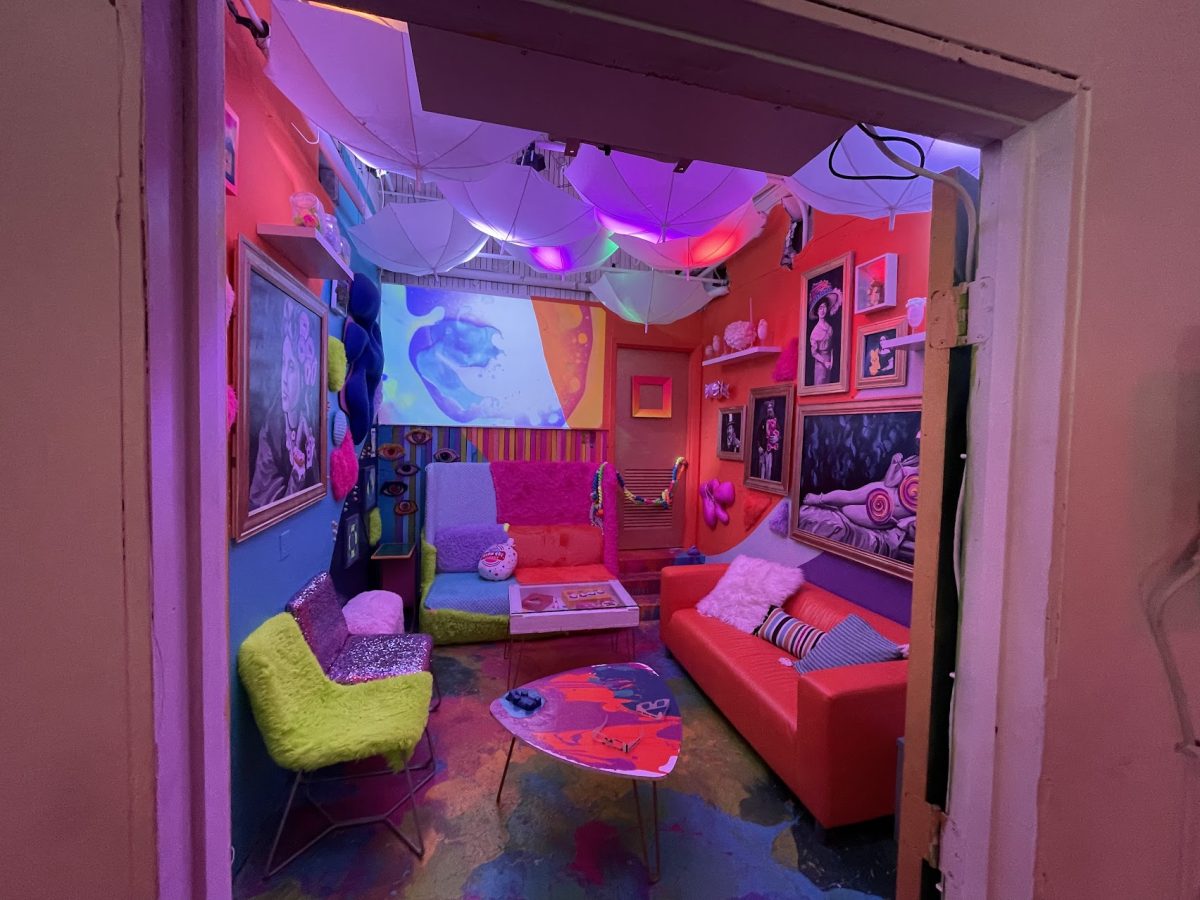Under the drizzly darkness of Capitol Hill in late fall, the fantastical fashions of bygone eras might just be what finally warms your cold, damp heart. Indian Summer, a vintage clothing boutique located at 534 Summit Ave E, brings excitement into a quiet corner of Capitol Hill by operating as both a place to find unique secondhand clothing and a community space.
A bright red 70s silk button up shirt covered in cream roses, white snakeskin loafers with gold buckles or a silver brooch in the shape of a pirate ship are just a few of the things that might catch your eye upon walking into Indian Summer—that is, if you don’t immediately lock eyes with the two large ceramic figurines of ladies donning cheetah print robes and luscious painted eyelashes.
Owner Adria Garcia, with help from the two other employees who run the store, regularly hosts events with curated collections of affordable yet glamorous secondhand clothing. Recent clothing sale themes have included “Last Days of Summer,” which showcased flowy white Gunne Sax-esque 70s dresses with ruffle hems and intricate tooled leather belts, and “Shop Pop,” which featured floor-length 80s floral gowns and a vest printed with pastel conversation hearts.
Mira Martin, a third-year civil and environmental engineering major, appreciates small thrift stores like Indian Summer for their minimal environmental footprint.
“It’s so much less waste when you buy clothes that have been worn before,” Martin said.
Indian Summer has a focus on making fashion accessible to marginalized groups who have been historically excluded from the fashion scene since its founding in 2010. Plus-size clothing options, for example, can be extremely difficult to find, with many large stores removing their plus-size sections or making them exclusively available online. Indian Summer’s recurring event “More Fats, More Femmes,” aims to combat this issue with its extensive and eclectic mix of feminine vintage clothing size twelve and up. Other recurring events such as “The Meat Market” with clothing geared specifically to butch, masc, and otherwise androgynous queer people, have helped to create the inclusive and affirming space found at Indian Summer.
“Our business is queer Native owned and trans run,” Mona Real, an employee at Indian Summer, explained. “Everybody who works here is of queer trans identity; that means a lot nowadays the political climate that we’re entering.”
Kaya Brown-Carveth, a third-year sociology major, appreciates the store’s focus on the queer community.
“It’s really affirming to find clothing curated for queer people and to be surrounded by queer people in these spaces,” Carveth said.
In addition to clothing pop-ups, Indian Summer has hosted art shows, community dinners, craft nights, makeup swaps and live music, often held around a fireplace in the back of the store.
“Indian Summer just captures a sort of universal joy,” Real expressed. “Fashion is too often used hierarchically and in imposing fear and imposing order or as an indicator of class. I hope that fashion can also be the antithesis of that, which is a means to self-discovery, connection and exploration of identity.”
For more information and upcoming events, visit the store’s Instagram.


